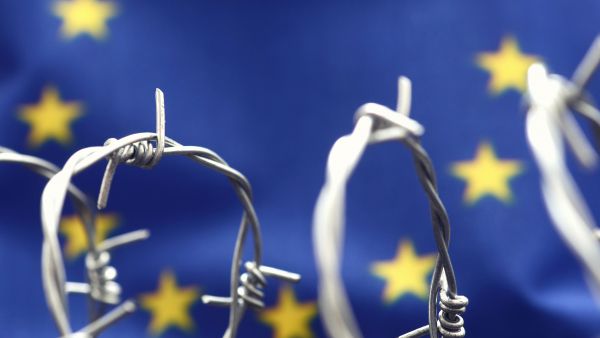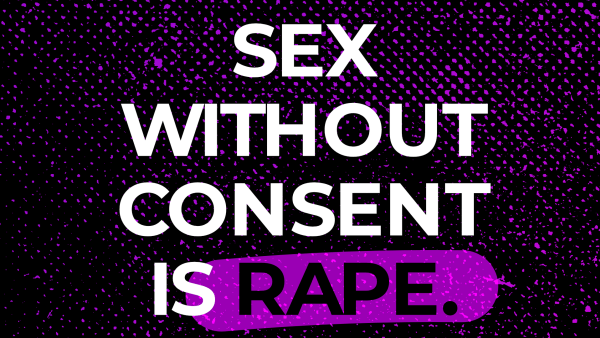S&D MEPs have welcomed an historic agreement between the European Parliament, Commission and Council on new laws regarding how European citizens' data can be used. It involves two elements - one covering the processing of personal data by the private (industry) and public sector and a second covering the processing of data by police and criminal justice authorities.
S&D vice-president Marju Lauristin MEP, who was responsible for negotiations for the Parliament, said:
"When we last updated our data protection laws in 1995 only a fraction of Europeans had access to the internet, there was no Facebook or Google and only a small amount of our personal data was online. This has all changed, more and more of parts of our lives and an ever increasing amount of our personal data are on the web. How this data is used and processed is of fundamental importance to us all. That is why this package is so important - it finally brings our data protection laws into the 21st Century and gives citizens back control of how their data is used. It also means that for the first time we have harmonised data protection rules across all 28 member states of the European Union.
"The contents of the new data protection regulation show that we are serious about protecting European citizens' rights in the digital age. Companies or public authorities who process large amounts of data will have to appoint a data protection officer to ensure that they are fulfilling their legal obligations. Even more importantly it contains strong penalties for companies who violate the new law, with administrative fines of up to 4% of their overall global turnover.
"This is also the first time in the history of EU, we have fully harmonised rules covering police and criminal justice authorities on data protection applying also domestically."
Speaking on this, Birgit Sippel, S&D spokesperson for civil liberties, justice and home affairs, added:
"How police and criminal authorities use personal data has profound implications for fundamental rights. If they are not handling the data of suspects, witnesses or victims correctly it can compromise their safety as well as their right to privacy or a fair trial. In addition, it could also endanger investigations. As Social Democrats it was particularly important for us to establish strict rules on how law enforcement authorities can access and use personal data. We are delighted with the agreement that was reached regarding this.
"It is clear in the wake of the attacks in Paris and elsewhere that member states need to share information more effectively between each other. The creation of harmonised rules between all EU countries on transferring and processing of data should facilitate this, while at the same time ensuring European citizens fundamental rights are not violated. This has important implications for the exchange of information between member states on suspects involved in terrorism or cross-border crime."
MEPs involved
Related content
Find out more









